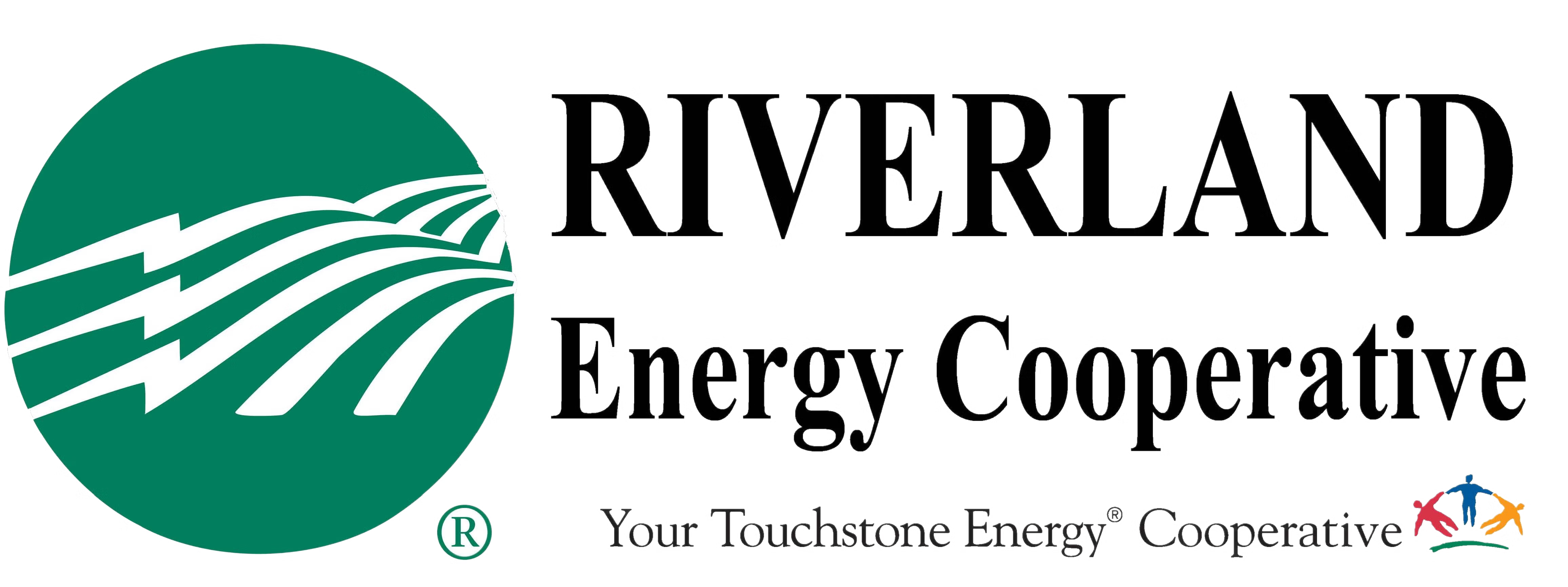Cooperatives around the world operate according to the same set of core principles and values, adopted by the International Co-operative Alliance. Cooperatives trace the roots of these principles to the first modern cooperative founded in Rochdale, England in 1844. These principles are a key reason that America’s electric cooperatives operate differently from other electric utilities, putting the needs of their members first.










